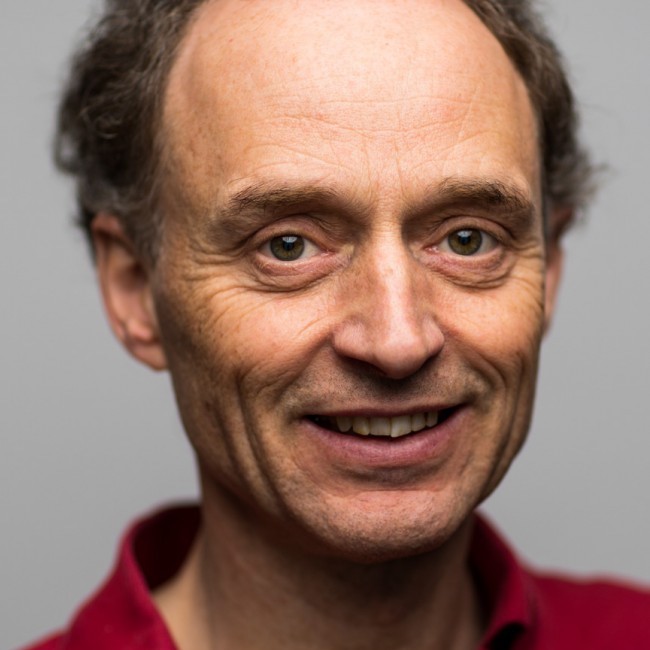Keynote Speakers

Chris Bretherton
Senior Director
Allen Institute for Artificial Intelligence (AI2)
Professor Emeritus
University of Washington
Recent progress in Artificial Intelligence (AI) and Machine Learning (ML) has provided groundbreaking methods for processing large data sets. These new techniques are particularly powerful when dealing with scientific data with complex structures, non-linear relationships, and unknown uncertainties that are challenging to model and analyze with traditional tools. This has triggered a flurry of activity in science and engineering, developing new methods to tackle problems which used to be impossible or extremely hard to deal with.
The goal of this symposium is to bring together researchers and practitioners at the intersection of AI and Science, to discuss opportunities to use AI to accelerate scientific discovery, and to explore the potential of scientific knowledge to guide AI development. The symposium will provide a platform to nurture the research community, to fertilize interdisciplinary ideas, and shape the vision of future developments in the rapidly growing field of AI + Science.
We plan to use the symposium as the launching event for the AI + Science event series, co-hosted by Computer Science and Engineering(CSE), Halıcıoğlu Data Science Institute (HDSI), and Scripps Institution of Cceanography(SIO) at UC San Diego. The symposium will include a combination of invited talks, posters, panel discussions, social and networking events. The first event will put a particular emphasis on AI + physical sciences. We will invite contribution and participation from physics, engineering, and oceanography, among others. Part of the program will highlight the research from climate science, as a result of our DOE funded scientific ML project for tackling climate extremes.
| 8:00 - 8:45 am | Registration & Breakfast |
| 8:45 - 9:00am | Welcome & Program Overview |
| 9:00 - 9:50 am | Invited Talk: Becca Willett |
| 9:50 - 10:40 am | Invited Talk: Chris Bretherton |
| 10:40 - 11:00 am | Coffee break/Social |
| 11:00-12:00pm | Organizing Team Project Highlights |
| 12:00-1:00pm | Lunch |
| 1:00-1:50pm | Invited Talk: Aditya Grover |
| 1:50-2:40pm | Invited Talk: Shirley Ho |
| 2:40 - 3:00 pm | Coffee Break/Social |
| 3:00 - 3:50pm | Invited Talk: Frederick Eberhardt |
| 3:50 - 4:30pm | Contributed Session/Poster Highlight |
| 4:30 - 5:30 pm | Panel Discussion (Opportunities and Challenges in using AI for Science) |
| 5:30- 7:00 pm | Poster Session and Reception |

Senior Director
Allen Institute for Artificial Intelligence (AI2)
Professor Emeritus
University of Washington
The symposium is free of charge, thanks to the generous support from our sponsors. You can RSVP via Eventbrite.
Elias Bareinboim (Columbia University)
Pierre Gentine (Columbia University)
Stephan Mandt (UC Irvine)
Mike Pritchard (UC Irvine)
Lawrence Saul (Flatiron Institute)
Yian Ma (UC San Diego)
Rose Yu (UC San Diego)
Yian Ma (UC San Diego)
Nick Lutsko (UC San Diego)
Yuanyuan Shi (UC San Diego)
Rose Yu (UC San Diego)



